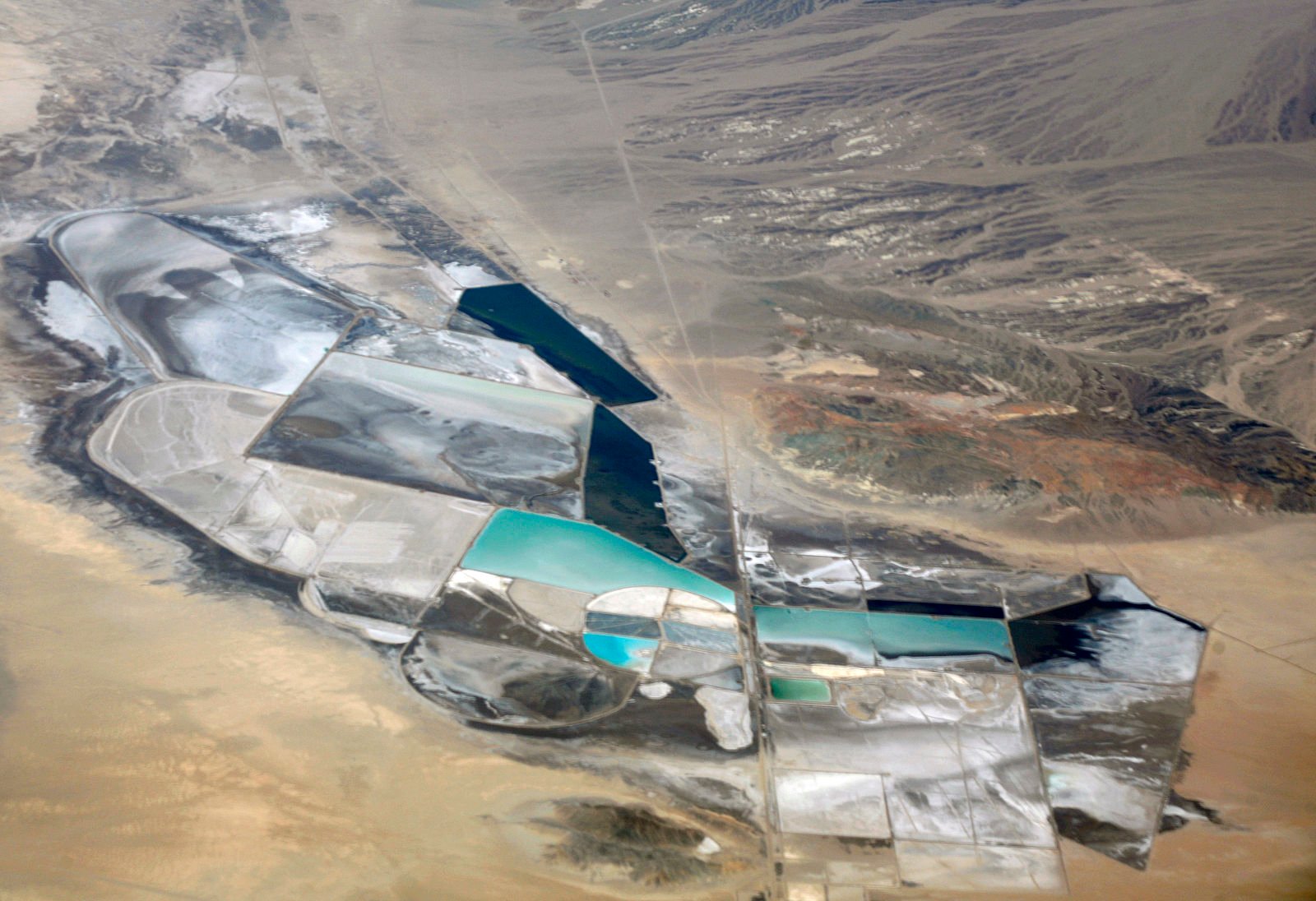There are over 275 million vehicles registered in the U.S. Around 1.8 million of those are electric. If my math is correct that is way less than 1%. How can anyone truly believe that in 5 or 6 years most of us will be driving electric cars and trucks.
When certain politicians do stupid things for votes there can be far reaching effects on every class of people. Forcing the price of diesel fuel to record highs (which I believe is coming) doesn't only make RVers complain it forces people on fixed incomes to pay a ton more for food and goods.
IMHO the most important election will be held in 15 months. That is what is still so great about our country, we can collectively decide these major issues.
5 or 6 years? I have never seen that prediction. The earliest I have seen is 2055 for 70 percent of the vehicles on the road as electric. Who is citing 5 or 6 years?













